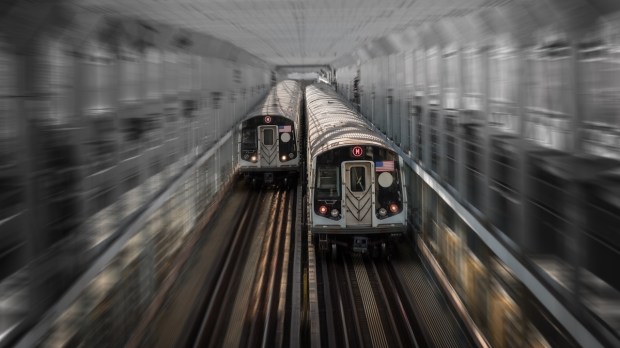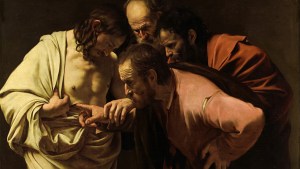Lenten Campaign 2025
This content is free of charge, as are all our articles.
Support us with a donation that is tax-deductible and enable us to continue to reach millions of readers.
My only experience of love at first sight happened on the New York subway. No, it wasn’t a fellow commuter; it was the crowded, dim, sweltering Borough Hall station in Brooklyn in late May of 2018 — my second day in America’s largest city.
The fast-walking, hard-charging crowds filled me with energy. Folks rolled their eyes and mumbled choice words at the train’s frequent delays, giving me the sense of belonging that comes through shared hardship. After half an hour on board, when the car’s bumping and screeching became nauseating for this first-timer, the intercom announced my station. Five minutes later I stood at 51st Street and Madison Avenue, listening to the bells of St. Patrick’s Cathedral peal against the roar of midtown Manhattan’s rush hour traffic.
I am drawn to cities like little kids are drawn to roller coasters. And like kiddos don’t want to leave the amusement park, I rarely want to retreat from these bustling centers of life. My love for the metropolis finds a resonance in an urbanizing world, yet it is a world that has little patience for uncertainty, which is a hallmark of more nomadic lifestyles. But Joseph Ratzinger recently helped me understand why uncertainty is necessary for faith.
He writes in The Spirit of the Liturgy that our world is dissimilar with the biblical world precisely on these grounds. Monotheism, he remarks, did not develop around the stable agrarian lifestyle that fueled the great cities of Mesopotamia. Instead, he writes: “It was in the wilderness, where heaven and earth face each other in stark solitude, that monotheism was able to grow — in the homelessness of the wanderer, who does not deify places but has constantly to put his trust in the God who wanders with him.” For the wanderer, no city can offer the security of walking with God in faith.
The risk of a lifetime of city-dwelling, then, may lie in the temptation of self-sufficiency. When I deify a place, I tell myself that I have everything where I am; there is no need to look out or up. It is perhaps a small distance between believing that New York is the center of the world and believing that New York is the center of the cosmos — with no awareness of the stars above the skyscraper’s bright lights. For the nomad or rural dweller, on the other hand, the heavens — proof of something bigger than my little world — are a conspicuous reality.
I do not advocate against city life; too much of my heart is convicted of the goodness of those close, chaotic quarters. But the fullness of that life is found in the man who never forgets the stars — even on the New York subway.
~
This is part of the series called “The Human Being Fully Alive” found here.


